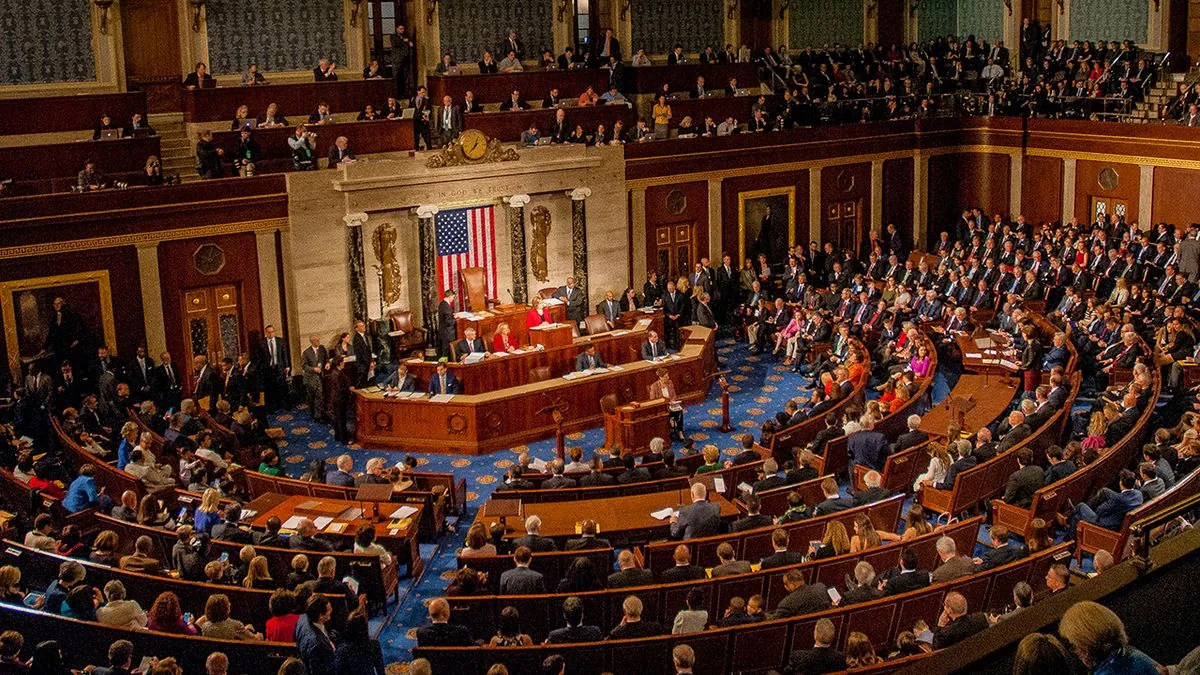Congress Set to Pass Temporary Spending Bill, Averting Shutdown
Congress prepares to approve a stopgap measure to fund federal agencies until December 20, 2024, avoiding a potential government shutdown. The bill includes additional funding for the Secret Service amid recent security concerns.

Congress is poised to approve a temporary spending bill, ensuring the continued operation of federal agencies as the new fiscal year approaches on October 1, 2024. This measure aims to prevent a potential government shutdown, a critical concern with the November 5, 2024 election on the horizon.
The stopgap bill, known as a continuing resolution, generally maintains current funding levels for agencies through December 20, 2024. Notably, it allocates an additional $231 million to strengthen the Secret Service, following two recent security incidents involving Donald Trump. This funding boost comes with stipulations requiring the agency to comply with congressional oversight.
"It would be political malpractice to shut the government down. I think everyone understands that."
The bill's passage relies on bipartisan support, as some Republicans oppose the measure due to concerns about spending levels. Johnson emphasized that the bill does "only what's absolutely necessary," addressing members of his own party who are apprehensive about current expenditures.

The U.S. Congress, a bicameral legislature comprising the House of Representatives and the Senate, plays a crucial role in the federal budget process. This process typically involves passing 12 regular appropriations bills annually. However, the current situation necessitates a temporary funding measure, as only five of these bills have passed the House, with none clearing the Senate.
Senate Majority Leader Chuck Schumer expressed optimism about the bill's swift passage, stating, "This is how things should be done. Without brinkmanship, without delay." This approach aligns with the desire of lawmakers to return to their constituencies for campaign activities.
The temporary nature of this bill underscores the ongoing challenges in U.S. fiscal policy. The national debt surpassed $31 trillion in October 2022, highlighting the need for careful financial management. The Congressional Budget Office, which provides nonpartisan analysis for Congress, plays a vital role in assessing the impact of such spending measures.
Looking ahead, more complex fiscal negotiations await lawmakers at the year's end. The bill effectively postpones decisions on full-year spending levels for three months. This delay is partly due to differing approaches between the Senate and House Republicans regarding spending allocations for defense and nondefense programs.
Johnson has taken a firm stance against future omnibus spending bills, which combine multiple appropriations into a single package. This position may necessitate additional stopgap measures in the future, potentially allowing the new president and Congress to determine fiscal year 2025 spending levels.
The current situation highlights the intricate balance between the "power of the purse" granted to Congress by the Constitution and the practical challenges of managing a federal budget that reached approximately $6.27 trillion in fiscal year 2023. As the government navigates these fiscal complexities, the roles of various institutions, including the Department of the Treasury, the Government Accountability Office, and the Office of Management and Budget, remain crucial in overseeing and auditing federal finances.


































